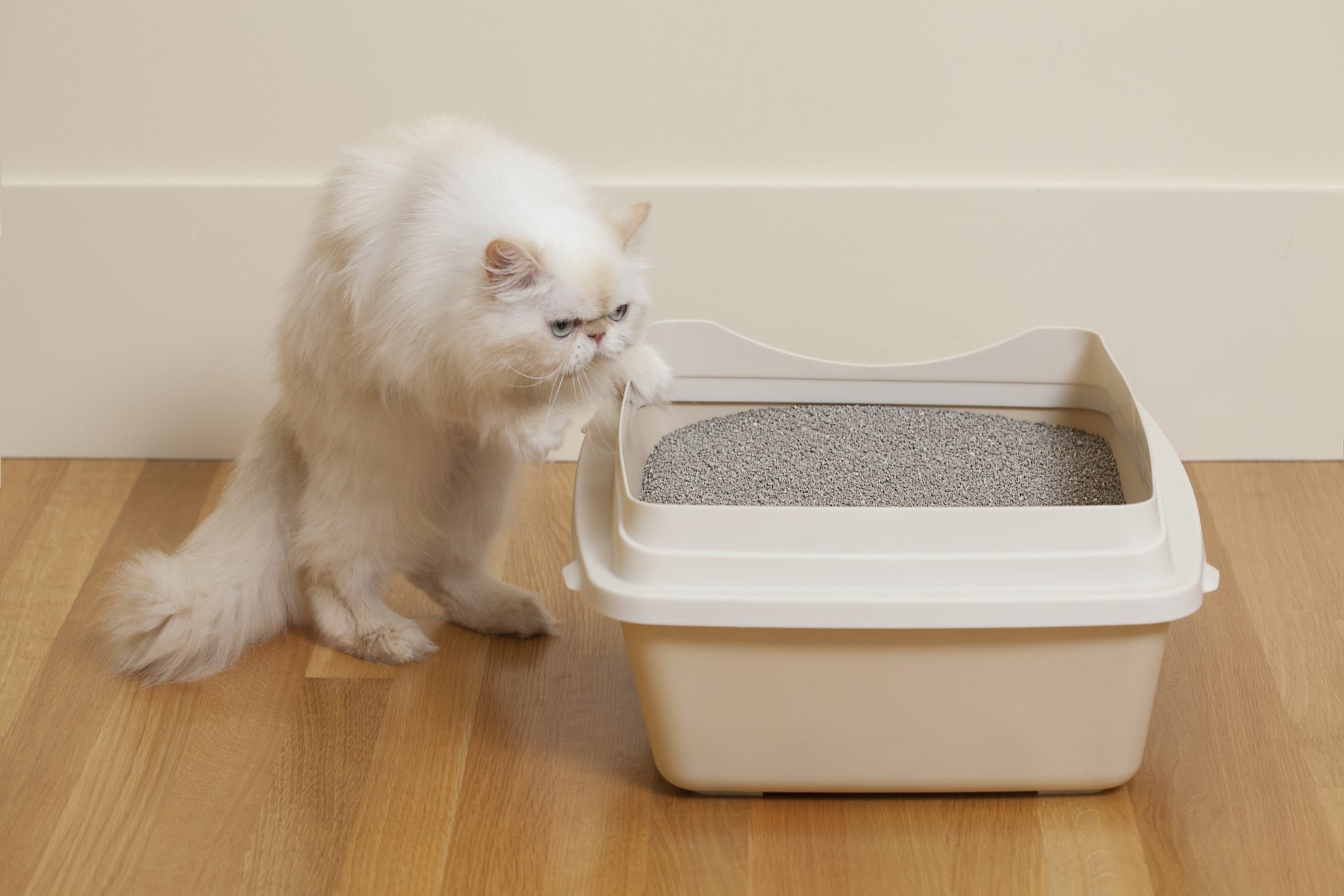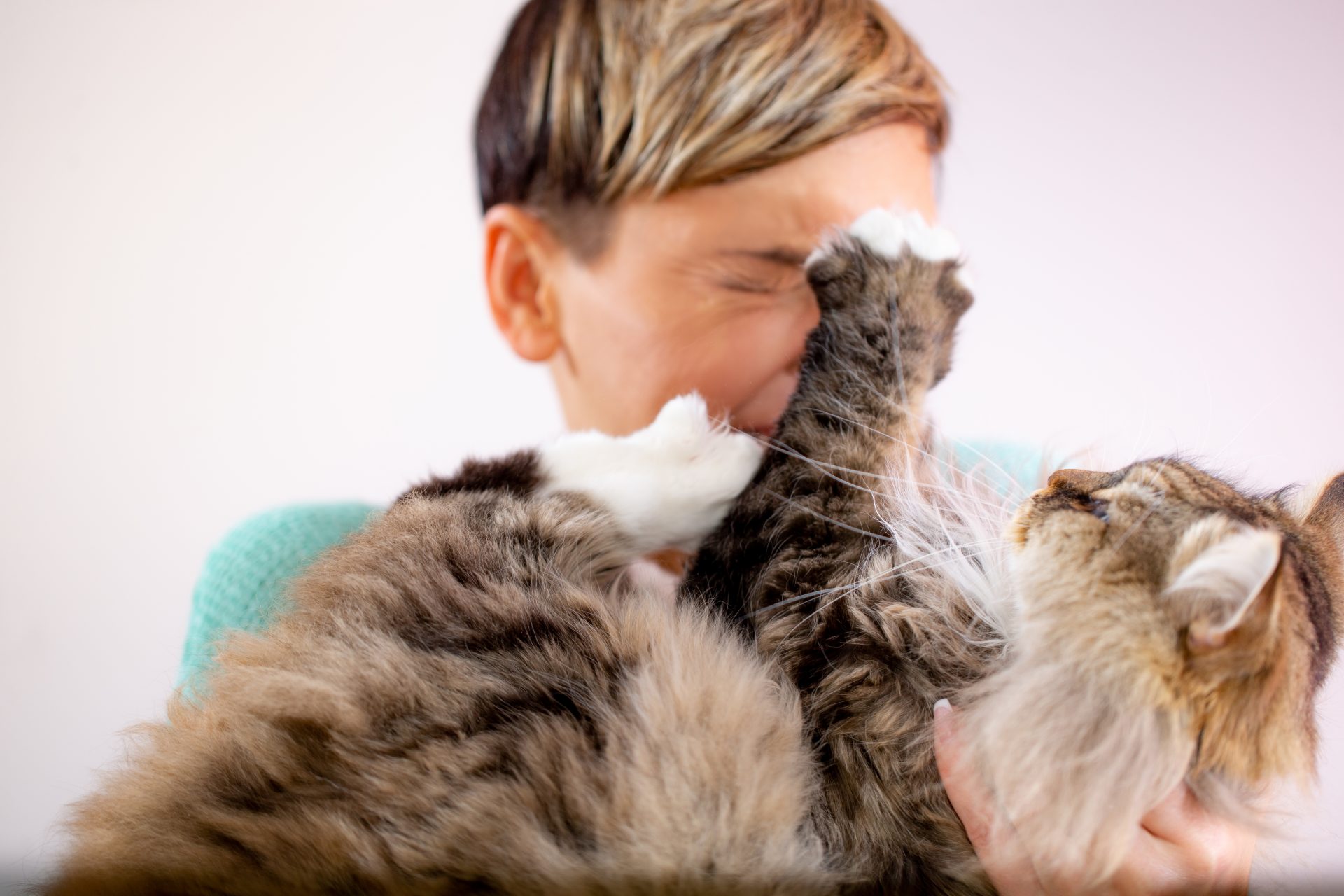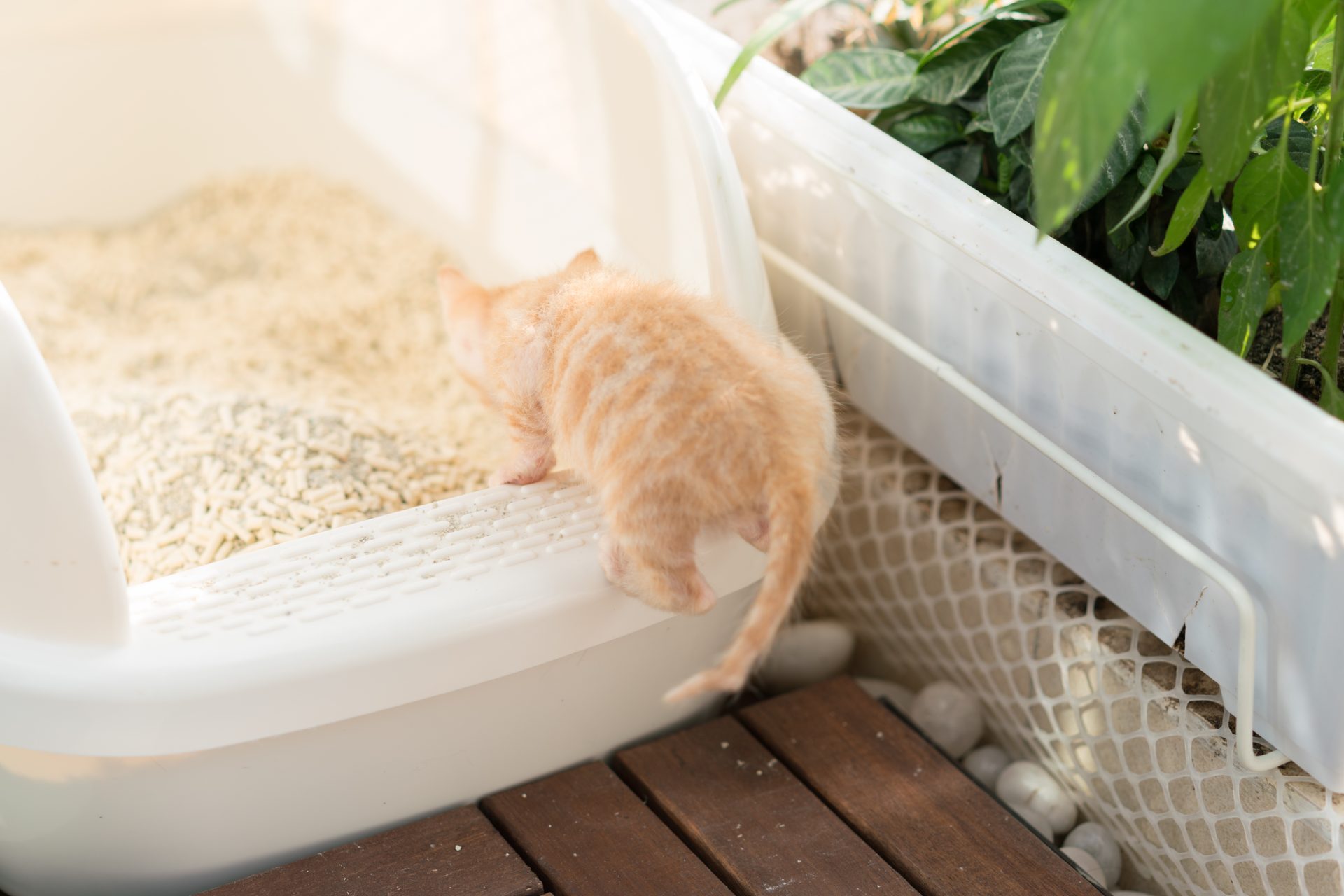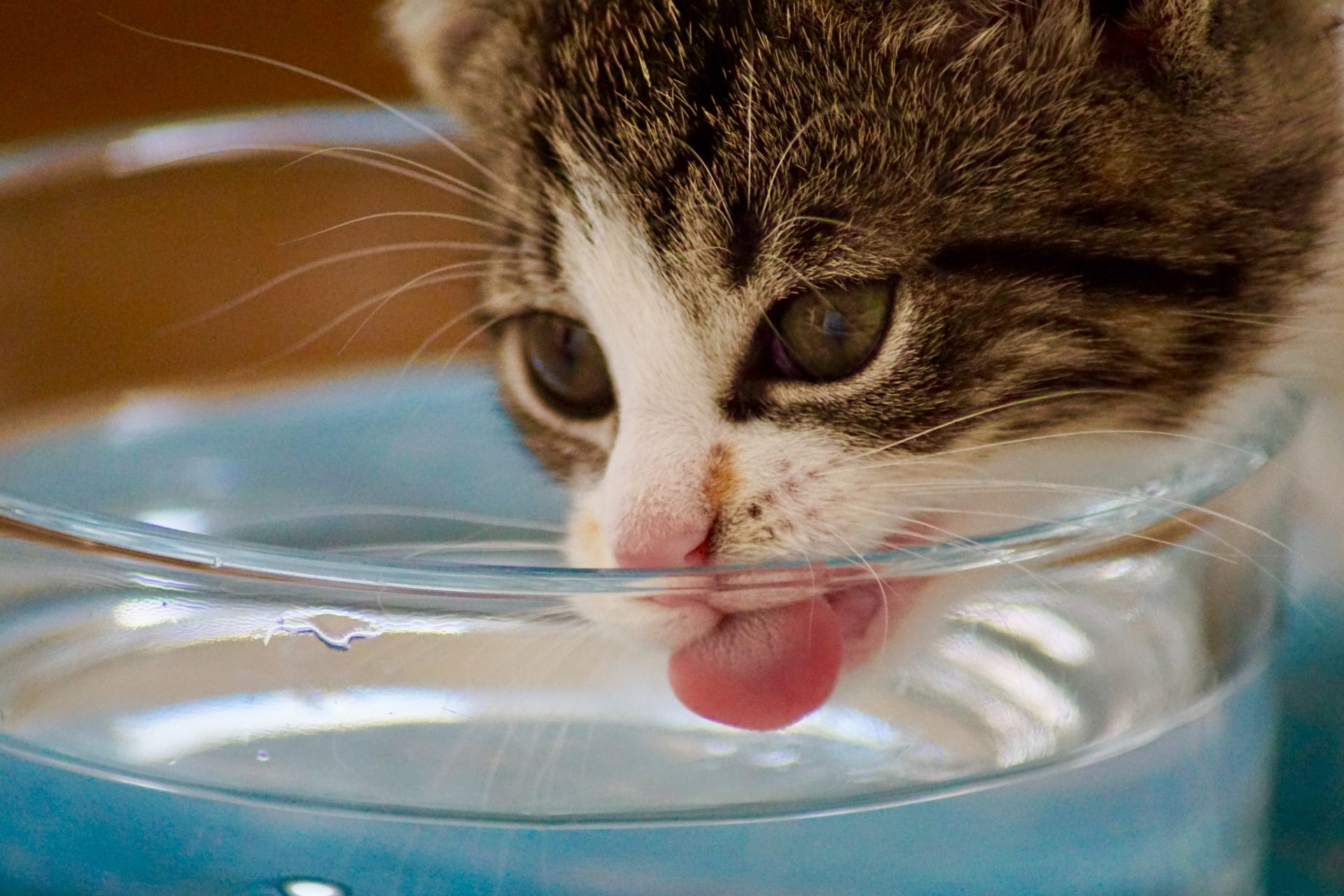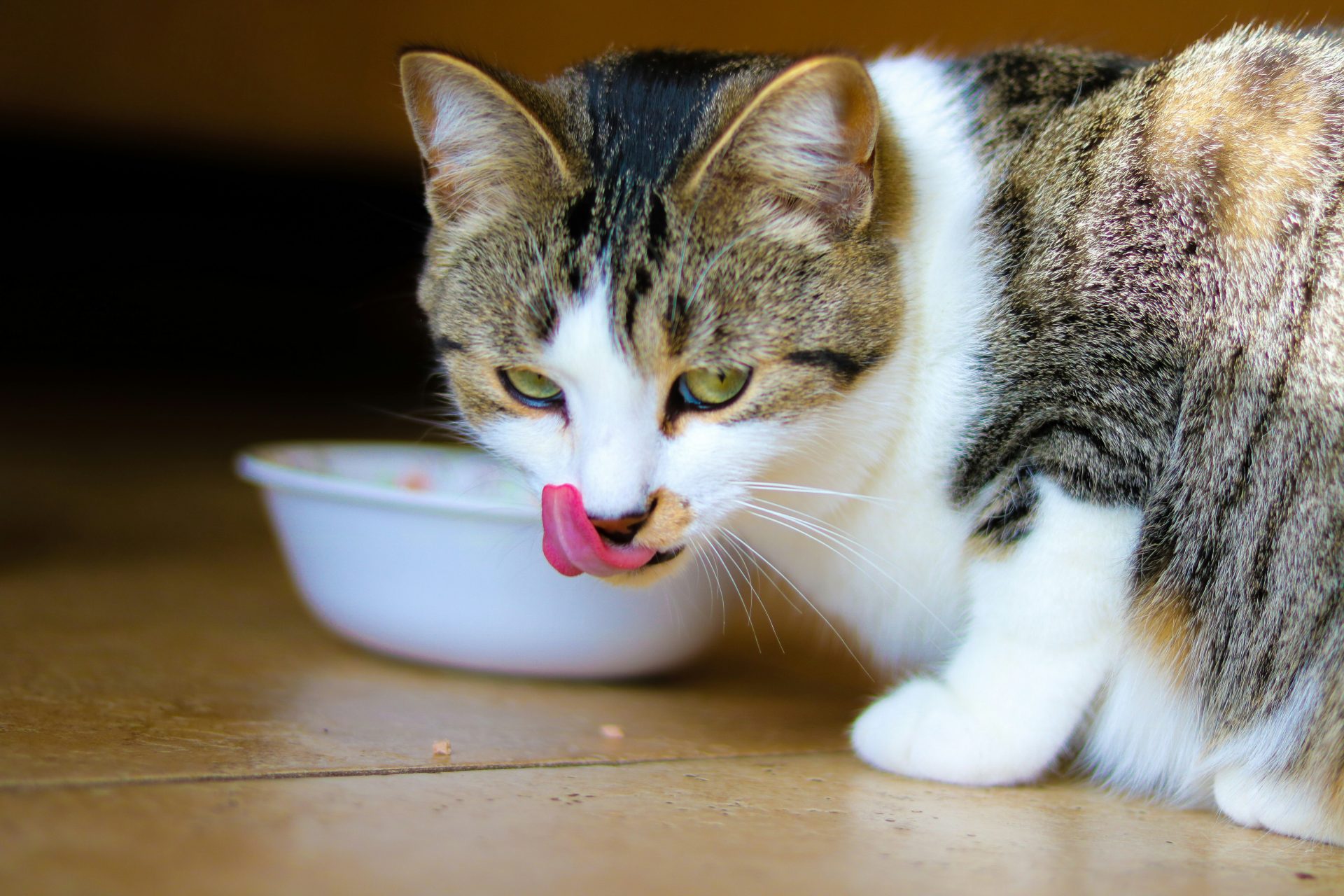These are the most dangerous diseases you can get from cats
Cats are considered to be one of the cleaner animals that a pet owner can bring into their home. But did you know that cats can get you really sick? Let's take a look at a few of the things they can pass on to humans.
Every animal has the potential to pass something off to you when you interact with it but there are at least sixteen weird and dangerous things you should be worried about if you are a cat owner. All of these were reviewed by the CDC.
Photo by Ludemeula Fernandeson Unsplash
First up is campylobacteriosis, a disease caused by Campylobacter bacteria that makes both animals and humans sick. Cats usually get it from eating contaminated meat and pass it on to you through their infected poop.
Cat scratch fever is real! It's caused by the bacteria Bartonella henselae and your cat can catch it through flea bites or by fighting other cats. The sickness causes red rashes as well as fever in humans, But there are more severe symptoms.
Tapeworms are kind of gross and it shouldn’t surprise you that your cat can pass along a disgusting Dipylidium infection. However, catching a tapeworm from a cat is rare and it's far more likely to affect a child than an adult.
Photo by Marko Blazevic on Unsplash
Cryptosporidiosis is a disease that is caused by Cryptosporidium, and like many of the other diseases on this list, it’s passed along to humans when they accidentally swallow some cat poop. It's rare for cats but if you get it you’ll be pooping and throwing up for weeks.
Giardia isn’t just a parasite you can catch by drinking water from a stream. It’s also very possible to catch it from your cat, again from accidentally ingesting some cat poop. And if you do catch it from your cat you can expect to be very sick.
Photo by Carolien van Oijen on Unsplash
Hookworms are tiny little worms that spread through soil and sand, the CDC noted, but they are also something that cats can pick up rather easily and pass them to you. Hookworms can be deadly in kittens and can resolve in humans in as little as 6 weeks.
Photo by riis riiiis on Unsplash
That’s right, you can catch the plague from your cat. Yersinia pestis (the plague) is still alive and kicking today, and your cat can give it to you if it's infected by an infected flea. This is why it's crucial to make sure your cat's flea medications are up to date.
Photo by A S on Unsplash
MRSA is one of the more serious problems that your cat can give you. Staphylococcus aureus is a common bacteria found on animals but the more resistant kinds are the ones you need to worry about, and it really sucks that it is spread through direct contact.
Photo by svklimkin on Unsplash
Rabies is one of the scariest issues your cat can pass along to you since it is so deadly if not treated right away. Your cat would need to be bitten by an infected animal to pick up rabies and any big behavioral changes should let you know something is wrong.
Just like tapeworms and hookworms, ringworms spread through direct contact with the environment. But unlike the other two worm problems, your cat might not show any of the symptoms of ringworm for a long time, which makes it a little more worrying.
Photo by Christin Hume on Unsplash
Another worm. And another problem you have to worry about. Luckily, roundworms tend to stay contained in the intestines of those they infect and you’ll know your cat has them if you are regularly checking out their poop when you clean it up.
Yes, you can catch salmonella from more than just an uncooked chicken breast. It's actually a lot more likely you’d catch it from your cat since they are always interacting with older foods that could have the bacteria growing on them.
Photo by Abeer Zaki on Unsplash
Unlike every other disease and parasite on this list, sporotrichosis is an issue caused by a fungus. Cats pick it up from the environment via exposed wounds and they likely won’t show any symptoms of having it. They can still pass it along to you and it can be deadly.
Photo by Humberto Arellano on Unsplash
Tick-derived diseases like Lyme disease, tularemia, ehrlichiosis, and babesiosis are all problems your cat can spread to you if they bring one of these bugs home. This is why keeping up with your animal’s tick medication is crucial not just for their health but also for yours.
Photo by Max Kleinen on Unsplash
Toxoplasmosis is the big problem that all the experts like to talk about. Apparently, this is a parasite that can make humans more impulsive according to Medical News Today, but you can avoid this fate if you just avoid interacting with cat poop.
Photo by Kamil Pietrzak on Unsplash
Tularemia is caused by the Francisella tularensis bacteria and it's pretty common in small animals. Unfortunately, it can affect cats that like to eat rodents and those who are bitten by ticks and you can catch it from your cat if they scratch or bite you.
Photo by Elīza Švampe on Unsplash
If you want to avoid most of these diseases, there is one very simple way you can do it according to the CDC. Wash your hands whenever you come in contact with cat poop. It is also helpful to clean any wounds your cat gives you immediately and keep their medications up to date.
Photo by Mélissa Jeanty on Unsplash
More for you
Top Stories





